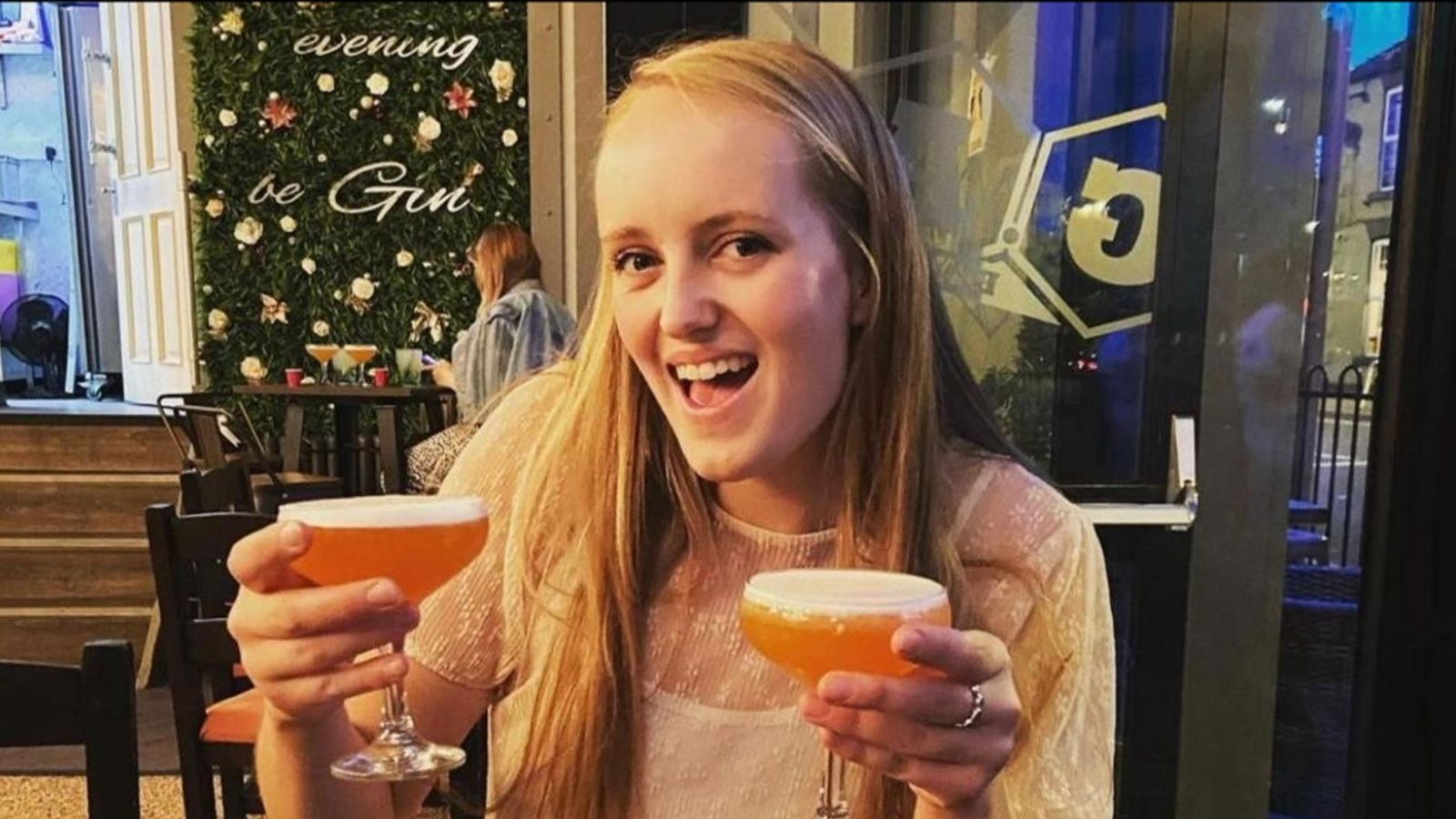A coroner has warned there is a “postcode lottery” for stalking victims looking for a police response, after an inquest into the death of Gracie Spinks.
Ms Spinks, 23, was killed by Michael Sellers, on 18 June two years ago in Duckmanton, Derbyshire.
Sellers, 35, who Ms Spinks reported to the police multiple times, had become “obsessed” with the young woman, and killed himself shortly after killing her.
Matthew Kewley, assistant coroner for Derby and Derbyshire, has now said there was a lack of consistency in police forces’ abilities to investigate stalking reports nationwide.
He added that more needed to be done to improve knowledge around the offence following the death of Ms Spinks.
It came as he addressed a Prevention of Future Deaths report to Derbyshire Constabulary and the home secretary, James Cleverly, which outlined six areas of concern.
In the report, Mr Kewley said: “During the inquest, I heard evidence about the benefits that stalking advocates can provide to those who are victims of stalking.
Derby teenager who killed 82-year-old man with single punch sentenced to two years in youth detention
Man who killed six children in fire to be released from prison early
Gracie Spinks: Derbyshire Police made multiple errors after stalking allegation ahead of woman’s death, inquest concludes
“Whilst I was reassured to hear that Derbyshire now benefits from stalking advocates, I heard evidence that many other areas around the UK do not have stalking advocates.
“This essentially creates a postcode lottery for victims who report stalking to the police.
“I am concerned about the lack of consistency and availability of stalking advocates to victims of stalking across the UK.”
Mr Kewley’s report, published on Monday, comes after an inquest heard Derbyshire Police made several errors in its “limited investigation” into the stalking allegation against Sellers.
It heard how Sellers was graded low risk by officers despite behaving inappropriately to eight other women before he was reported by Ms Spinks.
Police also dismissed a bag of weapons – later found to belong to Sellers – that was found near where Ms Spinks was eventually killed a month later.
The force later admitted and apologised for multiple failings. The inquest jury was not asked to decide whether these contributed to Ms Spinks’ death.
Both Derbyshire Constabulary and the Home Office have 56 days to respond, outlining what action has been or will be taken or stating why no action is proposed.
Read more from Sky News:
Mum’s heart ‘ripped out’ by Spinks’ killing
‘Real risk’ Tories lose generation of voters over lack of new homes
New strain of swine flu detected for first time in UK
Be the first to get Breaking News
Install the Sky News app for free
In a statement, Ms Spinks’ parents, Richard Spinks and Alison Ward, thanked the coroner for his “comprehensive and insightful” report and said their daughter was “tragically let down”.
They said: “The report is a damning indictment, it details the colossal failures and the many areas of concern that were sadly evident throughout the inquest.
“Even before Gracie’s tragedy the public trust in the police was hanging by a thread, after numerous scandals and systemic failings. Unfortunately, after Gracie’s death, faith in the police has been entirely lost.”
Deputy Chief Constable at Derbyshire Constabulary, Simon Blatchly, said the force will review the recommendations made by the coroner.










